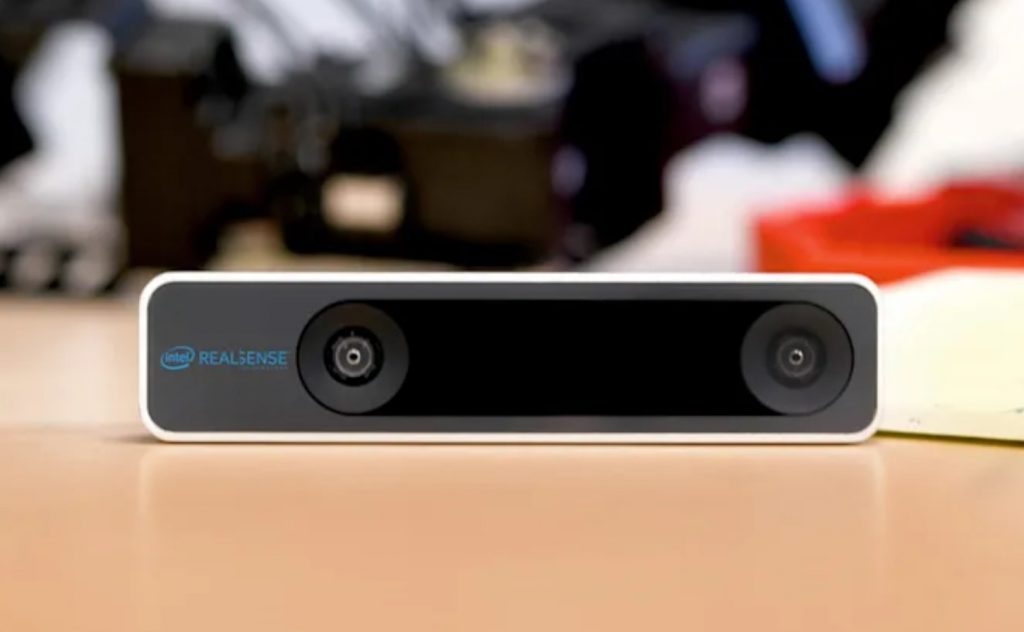
Intel is pouring more and more of its energy into its mainstay chip business, and that now means leaving some of its less essential work by the wayside. The company told CRN in a statement that it was “winding down” RealSense and transferring the talent and computer vision tech to efforts that “better support” its core chip businesses. The semiconductor giant will honor existing commitments, but the end is clearly on the horizon.
Questions surfaced about the fate of RealSense after the team’s leader, Sagi Ben Moshe, said he was leaving Intel two weeks ago.
RealSense aimed to make computer vision more flexible and accessible. A company or researcher could buy cameras to aid everything from robot navigation through to facial recognition, and there was even a developer-focused phone. It was never a truly mainstream product, though, and ASI VP Kent Tibbils told CRN that there were few customers buying RealSense cameras in any significant quantities. It wasn’t really a money-making division, even if the work helped Intel’s other teams.
For Intel, there’s likely a simpler answer: it wants to cut ballast. CEO Pat Gelsinger wants Intel to reclaim the chipmaking crown, and that means concentrating its resources on design and manufacturing capabilities. No matter how successful RealSense is, it’s a potential distraction from Intel’s latest strategy.